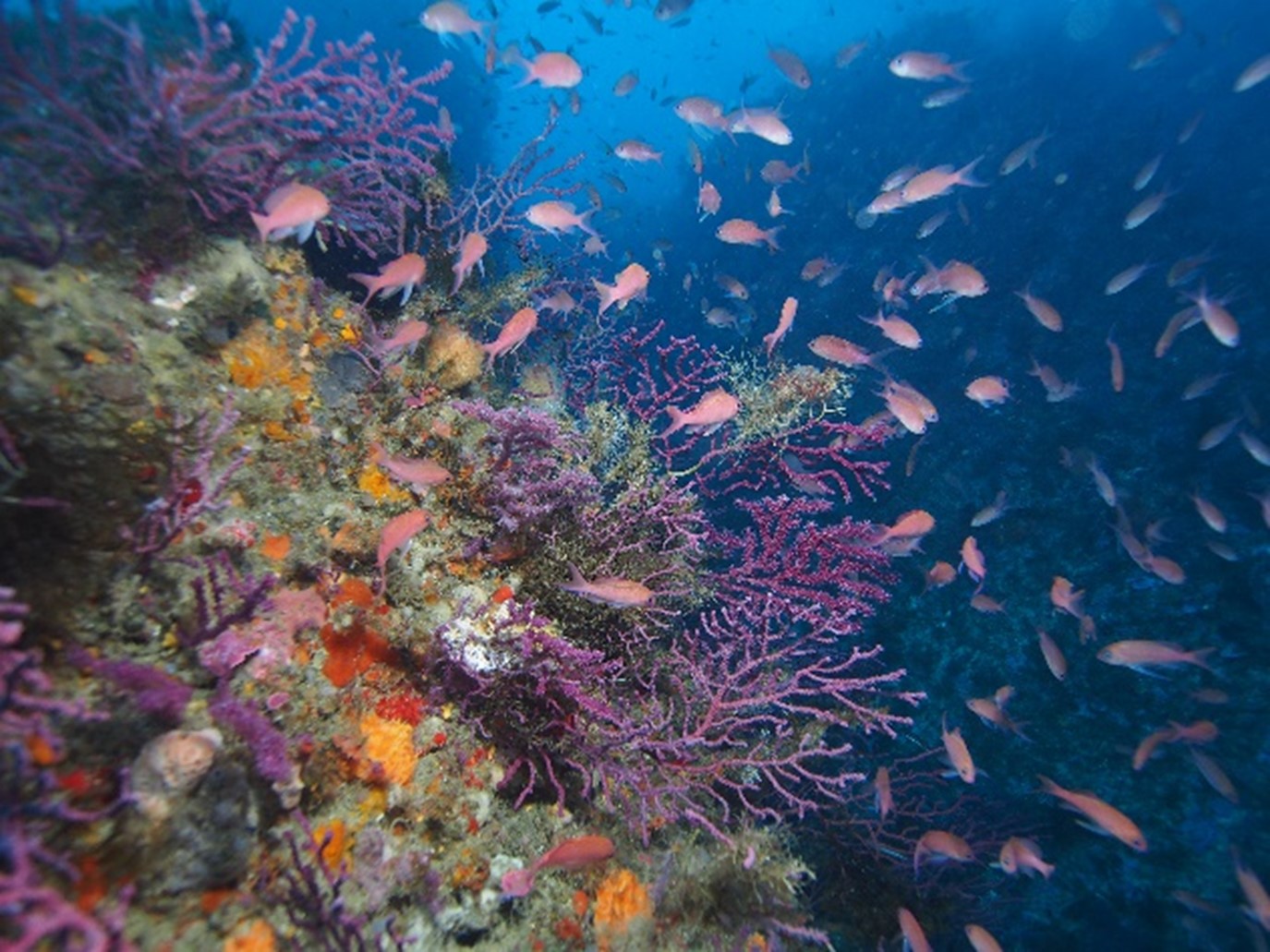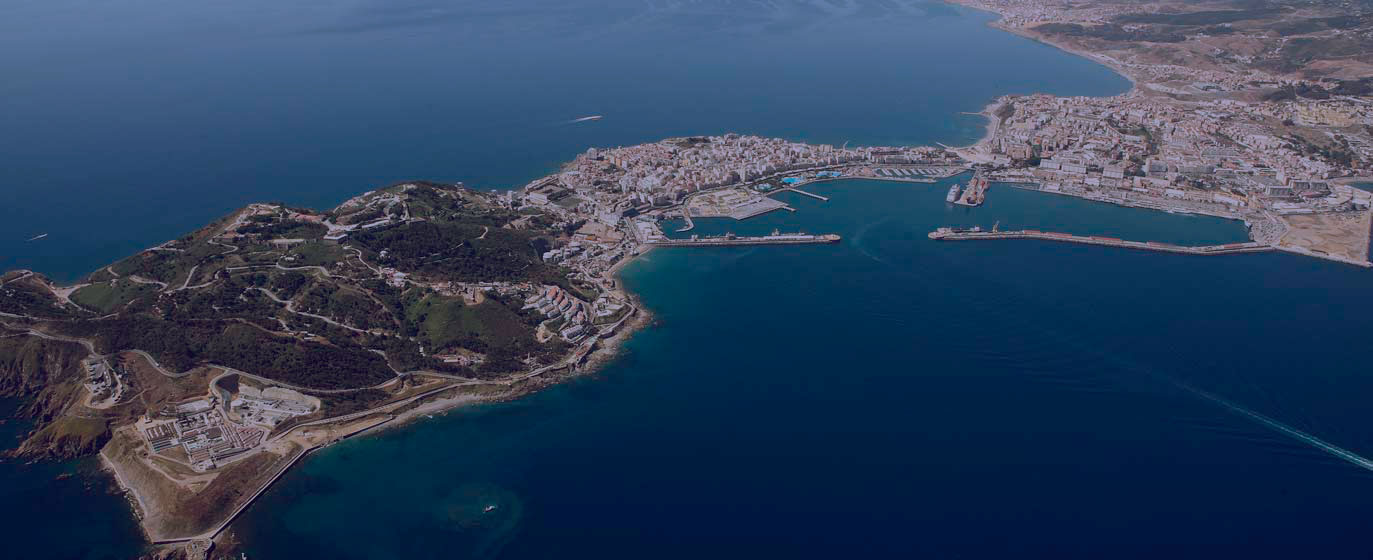
The program is based on the control and monitoring of the quality of port waters through marine biological indicators, an action framed within the general scope of the protection of the marine environment and the healthy maintenance of water ecosystems under the influence of industrial and economic activities.
The Port Authority of Ceuta continues its commitment to environmental programs that help to understand and respect the natural resources of the marine ecology of the city. In relation to this, the Port, through the ‘Museo del Mar’ foundation, has promoted a scientific study on the ecological impacts on the marine environment. This Port environmental program has been working for more than a decade, providing consistent results in terms of marine ecology and knowledge of species and their habitats. Thanks to this, the “Fundación Museo del Mar de Ceuta” has been developing an extensive analysis for months, which has data accumulated during four years about the monitoring the Sentry Stations. New biological indicators, such as the detailed study of micro-algae and other analyzes of water masses such as sedimentation or the concentration of micro-plastics, are being incorporated into the monitoring of the mentioned stations.
The port area of Ceuta is a unique space in which, despite the polluting impacts, marine communities of great interest are developing. In such a way that currently there is no port in Spain of the same size as Ceuta, in terms of environmental characteristics. This verifiable fact constitutes a port environmental potential that has not been developed so far, but it deserves a lot of attention for the future, since a port infrastructure needs not only to take care of its waters environmentally, but also to spread the results obtained, especially if it manages an unusual marine environment compared to many other port enclaves. Therefore, it is easy to understand that the Port has a direct and indirect influence on the rich coastline of Ceuta and, furthermore, it is considered necessary to maintain and promote the conservation programs for the marine ecosystem of Ceuta.
The Sentry Stations project based on marine species and habitats is part of the general scope of the protection of the marine environment and the healthy maintenance of water ecosystems under the influence of industrial and economic activities. The Directive “Habitat y la Red Natura 2000” are considered the most interesting legal instruments for the preservation of marine biodiversity and the habitats.
Ceuta already has three protected areas within this EU regulation. In this sense, Directive 2000/60 / EC, or the Water Framework Directive (DMA), is the one that establishes the general criteria for the member countries of the EU. Therefore, it is mandatory in the field of European port waters and it is the port authorities that must contribute to the chemical quality of the waters, as well as to the good ecological status, based on habitats and marine species. The gradual expansion of the Sentry Stations has been necessary due to the diverse and varied industrial and economic activities that are being developed in the waters of the North Bay within the LICES-6310002 and the new protected space proposed to protect and help the conservation of a magnificent set of escarpments and small submerged mountains distributed from the APC control buoy to the Bay of Benzú.
The Hydrographic Confederations have implemented a system of participation in which the APC, through the “Fundación Museo del Mar”, has been an active agent. The legal protection of the Water Framework Directive has served as a foundation for the regulatory development and to study in depth the knowledge and management of water bodies. It is precisely the Hydrological Plan of the Demarcation of Ceuta, which includes the guidelines and important issues. In this sense, the aforementioned plan incorporates a considerable potential to improve the state of the coastal water mass of the Port of Ceuta, based on the study of biological indicators (precisely the main action carried out by the Sentry Station network). Consequently, any new activity in the port’s economic development zones will have to be regulated for the preservation of the environmental capacity of the region’s marine ecosystem.
Finally, the Port Authority ensures that the legislative regulation on species and habitats must be taken into account in a fundamental way, given the unique characteristics of the Port of Ceuta and its areas of influence, which are home to several species protected by the CEEA (Spanish Catalog of Threatened Species) and others included in the IUCN (International Union for Conservation of Nature). All this has been documented through the Indicators reports and general previous publications of the marine ecosystem of Ceuta.

